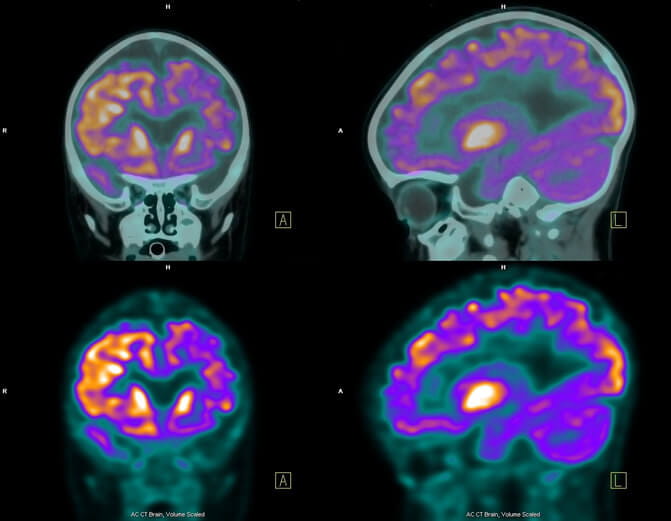Déjà Vu & Temporal Lobe Seizures Explained

Many people have experienced déjà vu — the feeling that events unfolding now have also occurred in the past, even though you know they have not. For most, the sensation happens infrequently and may be interesting or even somewhat enjoyable. However, in some instances, déjà vu can be cause for concern.
The term déjà vu is French for “already seen.” By some estimates, as many as 60-70% of people have had this experience. It seems to occur most often in those between 15 and 25 years of age. There also appears to be a positive correlation between déjà vu and characteristics like liberal beliefs, a higher level of education and frequent travel. School-related stress may also trigger the sensation. Déjà vu tends to decrease the older we get.
The Connection Between Temporal Lobe Seizures and Déjà Vu
Neuroscience researchers do not know exactly why this sensation, which can be quite startling, occurs. One study by the University of St. Andrews seemed to indicate that déjà vu is not associated with the part of the brain responsible for memory, as one might expect. Instead, the sensation is linked to the brain area responsible for conflict monitoring and resolution. Researchers believe déjà vu may be a sort of internal “fact-checking” performed by the brain. In that regard, it is a normal function.
Déjà Vu and Temporal Lobe Issues
In most cases, déjà vu is just a passing curiosity. In some instances, however, it can be a sign of a neurological problem. For example, people who have a seizure of the temporal lobe of the brain report experiencing the sensation of déjà vu.
It is a good idea to talk with your healthcare provider if you experience déjà vu characterized by any of the following:
- Occurrences more than once or twice each month
- The subsequent loss of consciousness
- Accompanying symptoms such as feelings of fear, racing heart, unconscious chewing or other repetitive motions
- Accompanying unusual visual imagery or dream-like memories
Your doctor can perform an exam and talk with you about whether you should be evaluated further by a neurologist or other specialist.



